Mar 6, 2025
5. Drop in
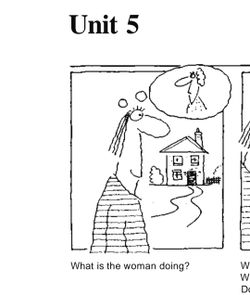
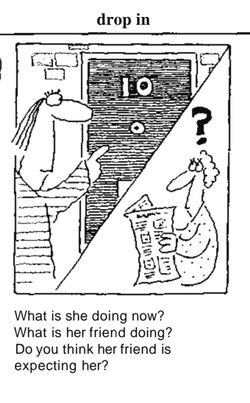
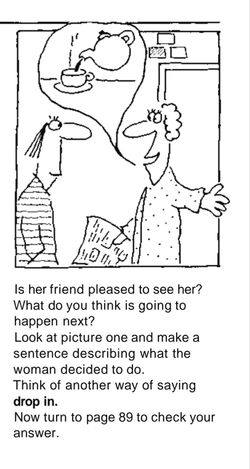
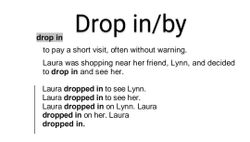

"Drop in" and "drop by" are both phrasal verbs that mean to make a brief, informal visit.
They are often used interchangeably.
However, drop in implies entering a building while drop by is neutral in this respect and may be used in other contexts -


If you're ever in the neighborhood, drop in and say hi."
"I thought I'd drop in on my parents on my way home from work."
"The local community center has a drop-in program for kids after school." (You don't have to register, you can come without notifying them first)
"She decided to drop in at the coffee shop for a quick latte."
"The company is offering a drop-in consultation service for new clients."
(No appointment is needed)
"Drop in" and "drop by" are both phrasal verbs that mean to make a brief, informal visit.
They are often used interchangeably.
However, 'drop in" means entering a building while "drop by" can be used in other types of situations also-

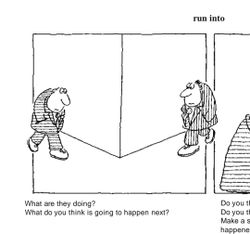


Run into" has three meanings
1. to meet someone unexpectedly
2. to be blocked in your ability to do something.
3. Crash into something.
Here are some examples:
Meeting Someone unexpectedly:
"Guess what? I ran into Sarah at the grocery store today!"
"I ran into an old friend of mine at the library yesterday."
"He ran into his client at the airport."
To experience a problem:
"We ran into some unexpected delays on the way to the party."
"The project has run into some technical difficulties."
"They agreed to sell the company after they ran into financial problems."
Crashing into Something:
The driver ran into a parked car."
"We ran into thick fog on the way home."
"The drunk driver ran into a tree."
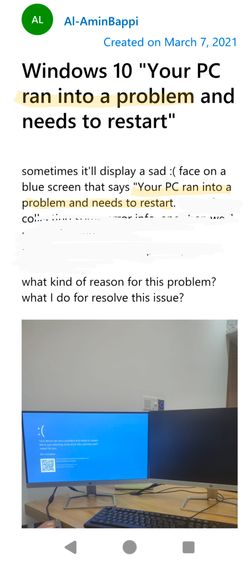



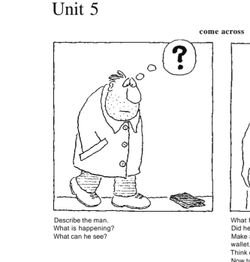
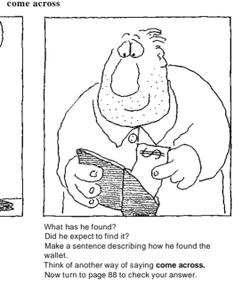

"Come across" means to find or encounter something by chance.
example sentences: "I came across an old photo album while cleaning out the attic,"
"We came across a beautiful waterfall during our hike".
To find or encounter something by chance:
"While I was walking in the park, I came across a
lost dog".
"I came across a rare book at the thrift store and decided to buy it."
To make a certain impression:
"He came across as very knowledgeable during the interview."
"She comes across as a very friendly and outgoing person."
"The new employee came across as unprofessional during his first meeting."
To provide something:
"I hope he'll come across with some more details about the situation".
In a more figurative sense:
"His anger came across in his voice."
"Her sadness came across very clearly." lost dog".
"She came across some old letters while going through her grandmother's things".
"I came across a rare book at the thrift store and decided to buy it."
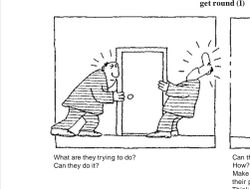
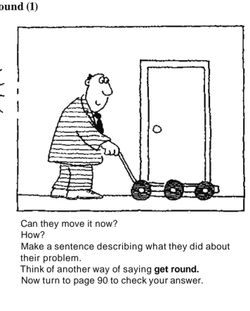
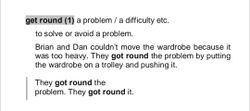
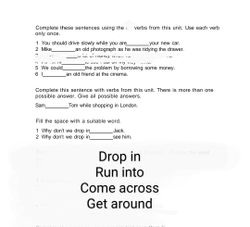

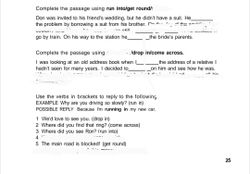
By undefined
29 notes ・ 2 views
English
Beginner